"Serbia not heavily indebted country"
Governor of the National Bank of Serbia Dejan Šoškić said that Serbia did not belong in the category of heavily indebted countries.
Saturday, 09.10.2010.
14:45

Governor of the National Bank of Serbia Dejan Soskic said that Serbia did not belong in the category of heavily indebted countries. Still, it needs to carry out reforms in the area of budget spending, he underscored. "Serbia not heavily indebted country" "The overall foreign debt relative to the gross domestic product is approximately 36 percent, which does not put Serbia into the category of the heavily indebted countries," the governor said. "However, we must be careful with our debt in the future and bear in mind that all those loans, taken during the time of crisis, must be paid back," Governor Soskic added. He stated that the structural reforms needed to be made in the area of Serbian budget spending. "The reforms are painful, but the only viable way to increase efficiency of the public sector in Serbia, to produce the situation where a monetary unit would give the maximum value of state services to its citizens. We also need some room to gradually get out of debt", Soskic said. The Governor stated that Serbia was a beneficiary of one of the programs offered by the World Bank, the so-called IDA loans. These are granted under exceptionally favorable conditions, but are undergoing "special scrutiny" recently in order to have them paid back prematuraly in the countries with certain economic performance. "We do not want that to happen to Serbia, to end up having to pay back these loans early, before the time we planned to pay them back," said Soskic, adding that intensive talks with the World Bank representatives are awaiting Serbia in the near future.
"Serbia not heavily indebted country"
"The overall foreign debt relative to the gross domestic product is approximately 36 percent, which does not put Serbia into the category of the heavily indebted countries," the governor said."However, we must be careful with our debt in the future and bear in mind that all those loans, taken during the time of crisis, must be paid back," Governor Šoškić added.
He stated that the structural reforms needed to be made in the area of Serbian budget spending.
"The reforms are painful, but the only viable way to increase efficiency of the public sector in Serbia, to produce the situation where a monetary unit would give the maximum value of state services to its citizens. We also need some room to gradually get out of debt", Šoškić said.
The Governor stated that Serbia was a beneficiary of one of the programs offered by the World Bank, the so-called IDA loans. These are granted under exceptionally favorable conditions, but are undergoing "special scrutiny" recently in order to have them paid back prematuraly in the countries with certain economic performance.
"We do not want that to happen to Serbia, to end up having to pay back these loans early, before the time we planned to pay them back," said Šoškić, adding that intensive talks with the World Bank representatives are awaiting Serbia in the near future.










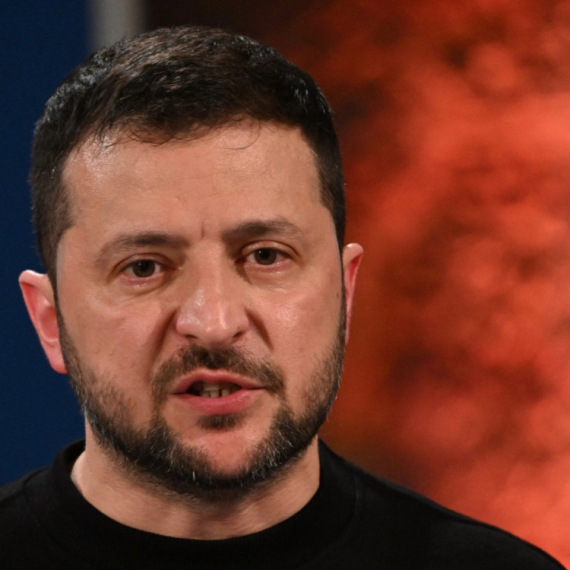



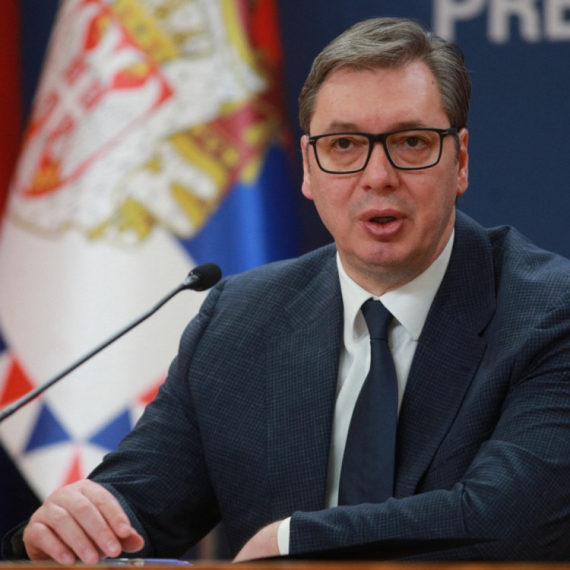




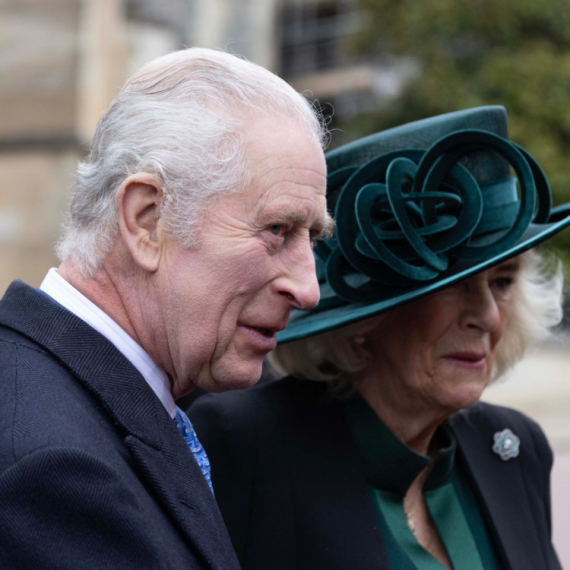






























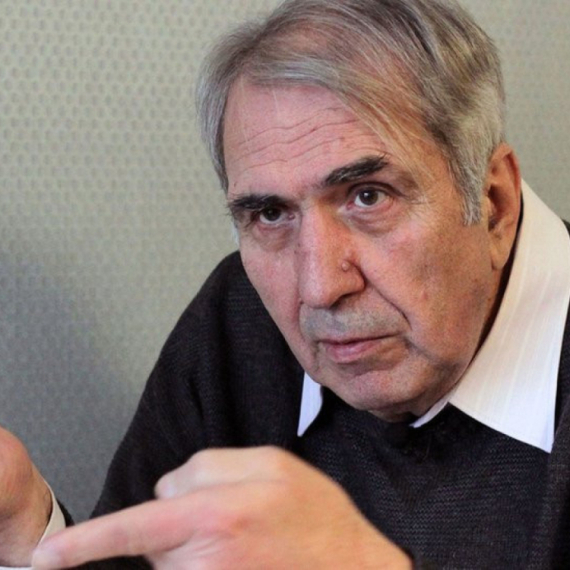



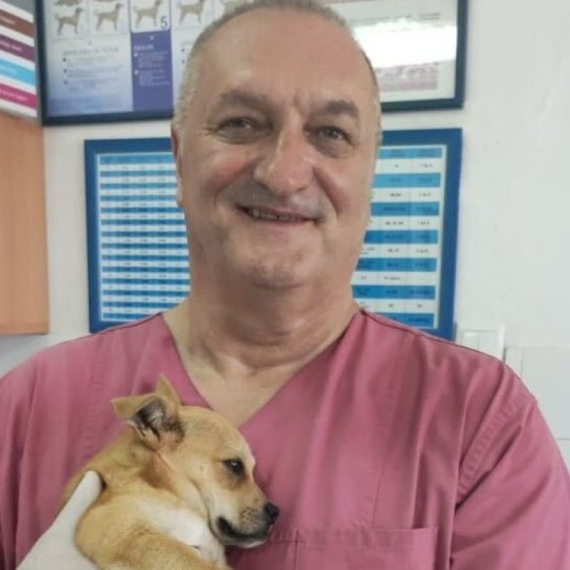

Komentari 0